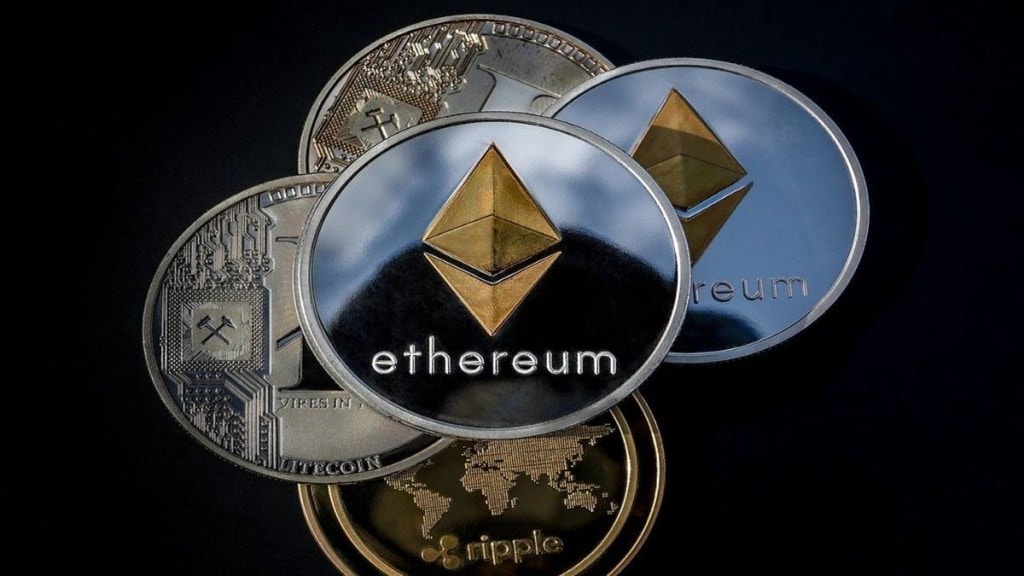A month post the Ethereum Merge, 51% of Ethereum have reportedly followed Office of Foreign Assets Control (OFAC) standards, insights provided by blockchain development Labyrs’ data showed as MEV-Boost relays are taking over market share, according to Cointelegraph.
As reported by Cointelegraph, through Twitter, users expressed their feelings about how the figures represent a milestone towards censorship with more blocks coming under surveillance. OFAC is responsible for enforcing of United States economic sanctions while MEV-Boost relays are centralised entities which function as trusted mediators between block producers and block builders. Through this procedure, all Ethereum proof-of-stake (PoS) validators can outsource their block production to other builders.
On the basis of information by Cointelegraph, the metric does the tracking of how many blocks were built by OFAC-compliant MEV-boost relays since the Merge. Due to Ethereum’s upgrade to a PoS consensus, MEV-Boost has been updated to a more representative distribution of block proposers over a small group of miners under proof-of-work (PoW). Lachan Feeney, CEO, Labrys, highlighted that with regard to hard censorship, one would not get to the point where sanctioned transactions would be included in blockchain irrespective of the time period.
Moreover, Cointelegraph noted that data from Labrys’ page mentioned about the presence of seven MEV-Boost relays including Flashbots, BloXroute Max Profit, BloXroute Ethical, BloXroute Regulated, BlockNative, Manifold and Eden. “Of the 7 available major relays, only 3 do not censor according to OFAC compliance requirements. OFAC compliant relays will not include any transactions that interact with the Tornado Cash smart contract or other sanctioned wallet addresses as designated by OFAC,” the company concluded.
(With insights from Cointelegraph)
Also Read: Sir Anthony Hopkins’ NFT collection sells out in 10 minutes

